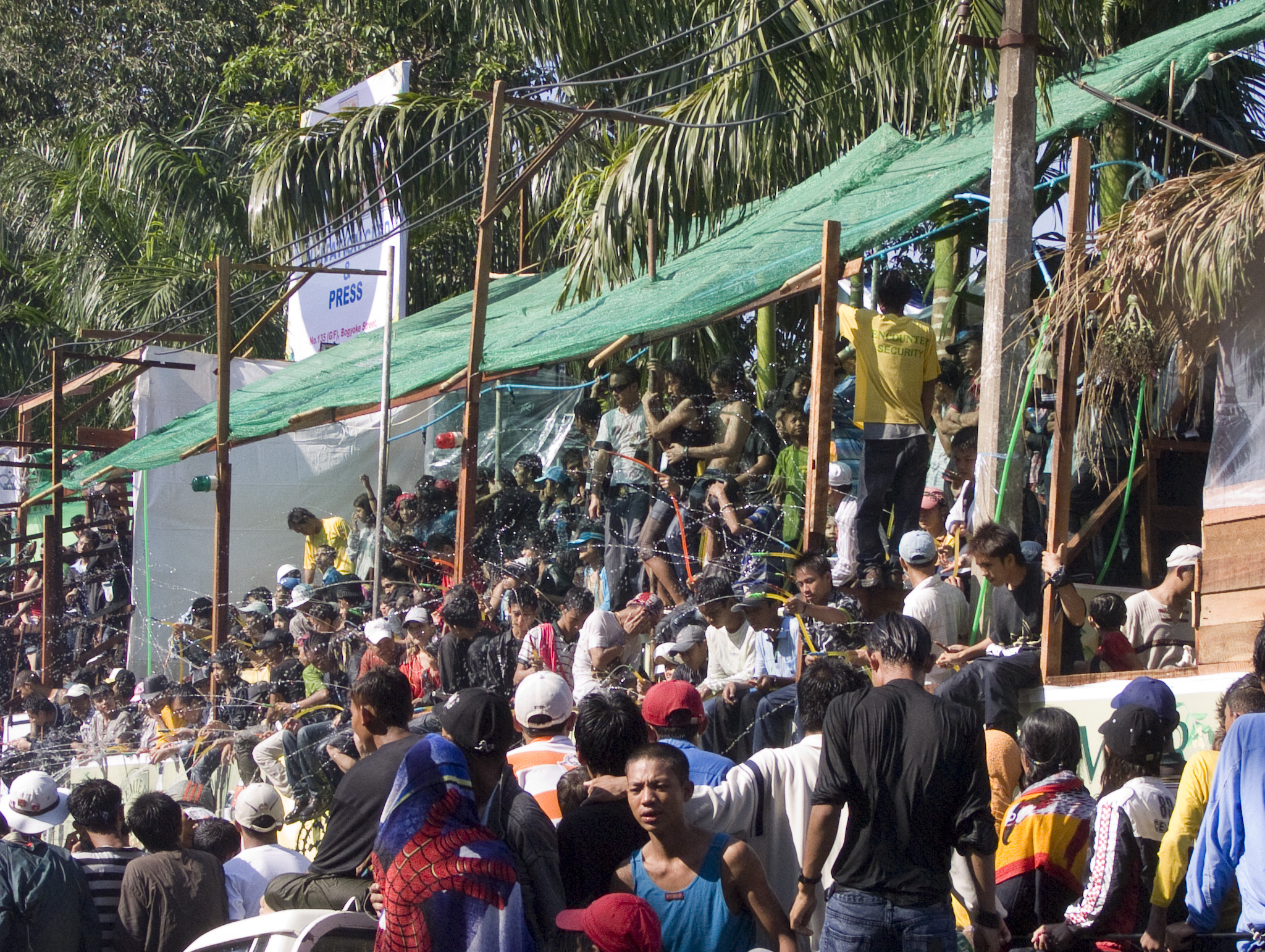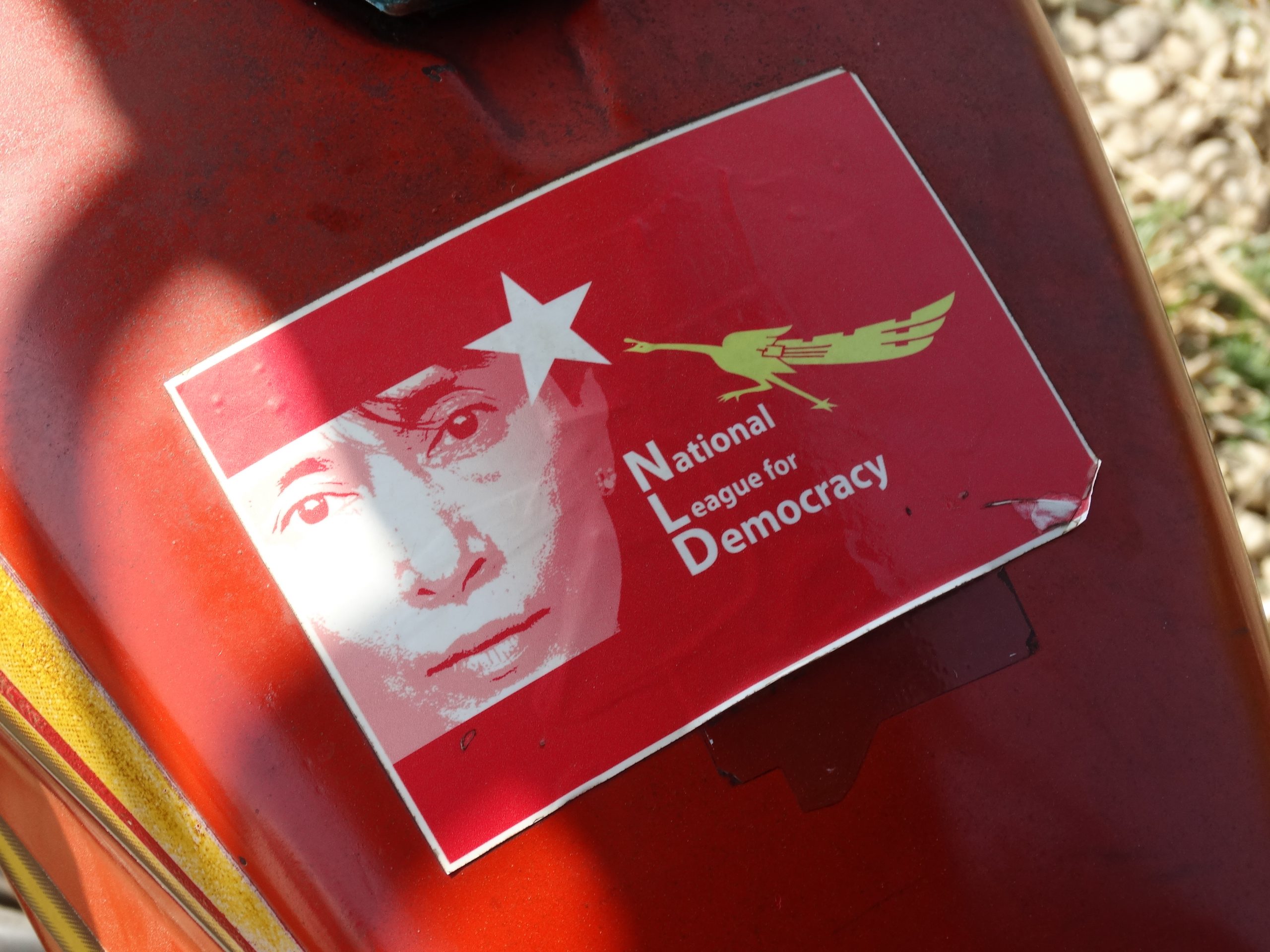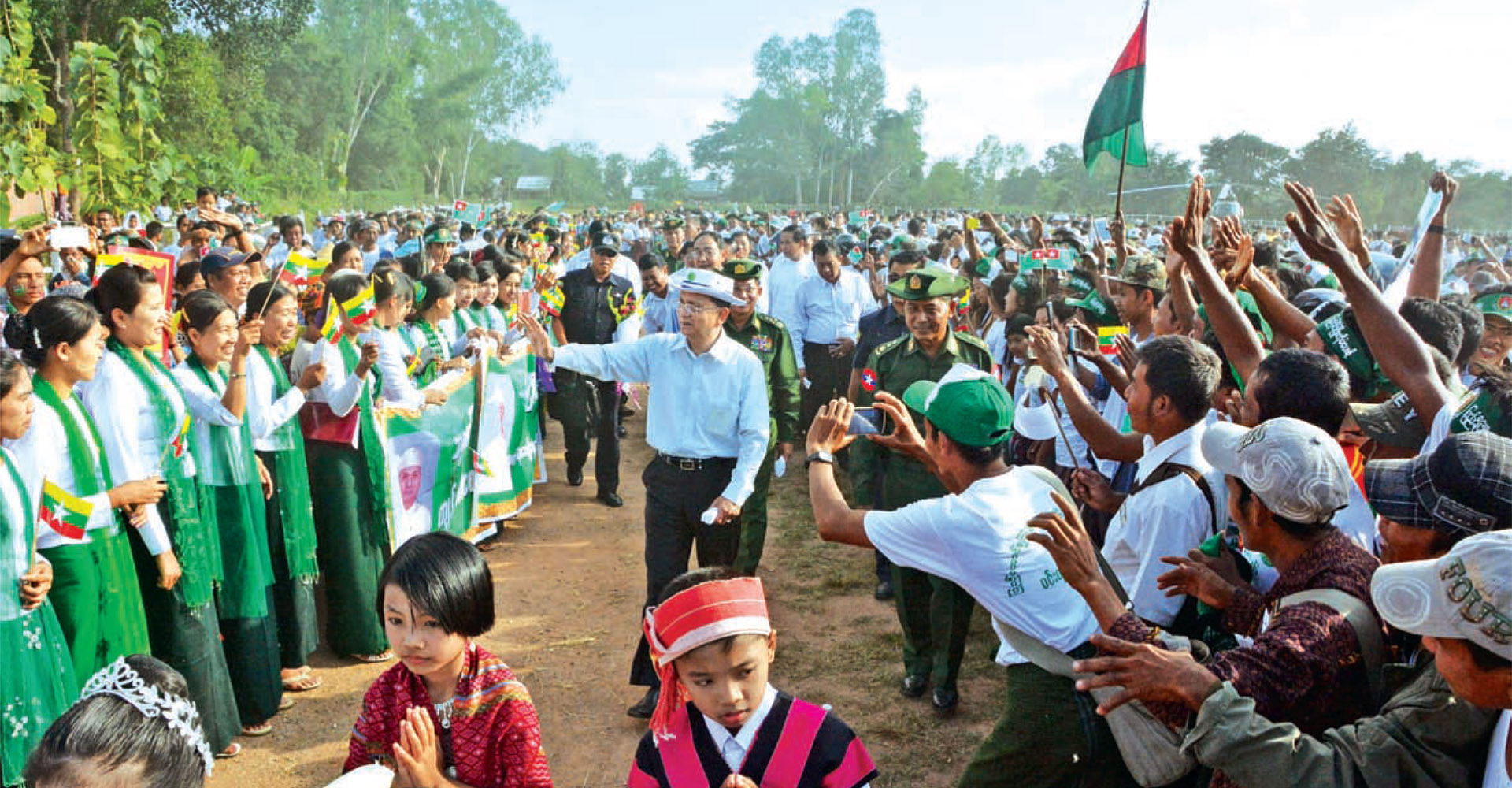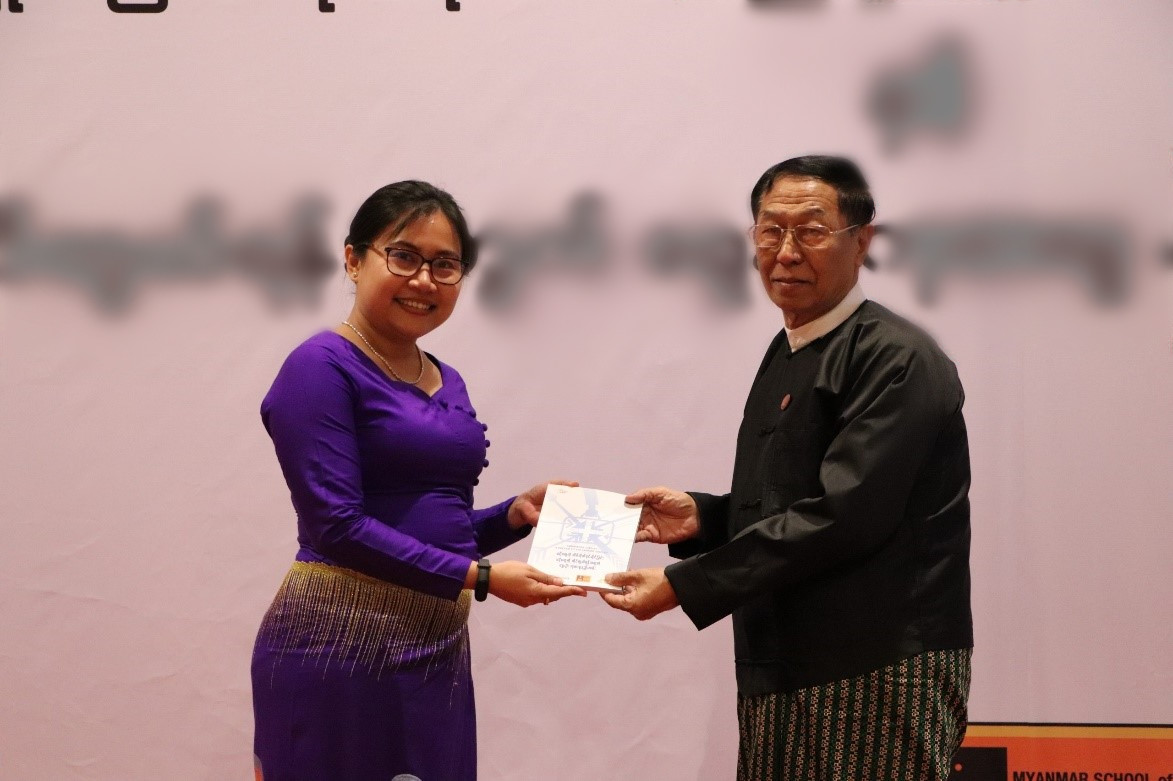Testing the Water for Online Dialogue in Myanmar

The international Coronavirus outbreak has serious implications for democracy worldwide. In the #NeverLockdownDemocracy blog series, the NIMD network takes a global view of how we can respond to the pandemic as we continue our work to protect democracy. Follow @WeAreNIMD on Twitter and the hashtag #NeverLockdownDemocracy to never miss a post.
By Charley Steur, Strategic Advisor, NIMD Myanmar
Under normal circumstances the streets of Myanmar would be packed with crowds during the month of April. Myanmar’s New Year Festival of Thingyan, also known as the water festival, is the country’s biggest public holiday. Thingyan is celebrated by soaking people with buckets of water and supersoaker waterguns. Music blares from every street corner and the air is filled with sounds of celebrations.

But this year Myanmar was quiet. The Covid-19 pandemic has put the Thingyan celebrations and many lives in Myanmar on hold. Places that are usually bustling with people have fallen silent. However, democracy cannot be silenced, with the Myanmar elections still expected to go ahead later this year despite the pandemic. This made the work of NIMD’s partner the Myanmar School of Politics (MySoP) more important than ever.
Like a fish out of water?
The opportunity to practice multiparty dialogue is fairly new in Myanmar. Almost 60 years of military rule means political parties (and the public) are not used to the practice. Moreover, democratic governance in Myanmar remains a complex and contested affair, with the National League for Democracy (NLD) ruling the country despite public trust in the party being at an all-time low.

What’s more, meaningful progress in the formal peace process remains elusive. Despite the global coronavirus pandemic, conflict has continued to flare up. This comes on top of Myanmar’s pre-existing challenges, which include civil-military tensions, the ongoing crisis in Rakhine State, and related International Court of Justice case, and the countdown to the upcoming general election.
Therefore, the continuity and consistency of multiparty dialogue in Myanmar is crucial to try and defuse these issues, especially in a time of crisis. MySoP supports this through its Democracy School, Multiparty Dialogue Platform and various capacity building and engagement activities with political parties. Despite the coronacrisis, MySoP is adapting and re-planning its activities to ensure the continuity of the programme.
Challenges to keeping the dialogue afloat
There are several challenges to continue our work in the midst of the coronacrisis. Firstly, ethnic parties have limited resources compared to larger national parties such as the National League of Democracy (NLD) and the Union Solidarity and Development Party (USDP). With their finite resources now having to focus on responding to Covid-19, these smaller parties may be sidelined, or outright excluded from, ongoing dialogue activities.
Secondly, Myanmar’s current political situation must be understood with reference to the country’s long history of military statebuilding. Myanmar is formally designed as a unitary state, with modest decentralization to regions/states and self-administered zones and divisions. However, the sovereign authority of the state is contested by multiple ethnic armed organizations, resulting in a complex structure of territorial control and administration by state and non-state actors. The corona situation has exacerbated the problem by creating confusion over where each sides’ respective mandate ends and the others’ begins.

Moreover, the majority of politicians are not paid well – or indeed not paid at all. The Covid-19 situation already has made a significant economic impact on businesses in Myanmar, a country already plagued by pervasive economic inequality. Desperate families who find themselves out of income, coupled with politicians incentivized to look beyond government for income, is encouraging short-termism and immediate crisis management. Contrastingly, dialogue is a long-term process that requires politicians to focus solely on their representative role; participants’ personal economic insecurity can therefore undermine the process.
Additionally, many politicians also take up roles in their community that the government is not able to take up. To show just how serious the shortfall is, many of MySoP’s alumni are volunteering in health centres, delivering food to those affected by the economic impacts of the crisis, or installing water basins for those who lack access to water to wash their hands.
A further challenge arises from the low rate of digital literacy in Myanmar. While the arrival of cheap smartphones and steady, but bumpy, infrastructure expansion has made mobile internet available in most of the country, in Myanmar, Facebook essentially is the internet — and, for many, the only source of information. Disinformation and hate speech, primarily spread on Facebook, exacerbate conflict with devastating consequences. Moreover, online privacy and cybersecurity are issues that many are not familiar with. Therefore, moving our activities online takes much preparation and effort to educate the participants on other online platforms than Facebook.
A dry run for online dialogue
In order to test the water for online multiparty dialogue, we wanted to meet MySoP participants in a forum they were familiar with. MySoP began reaching out to alumni through Facebook live for so-called “warm-up sessions”, so we can informally engage with alumni. This way we can understand their needs and difficulties through what, for them, is familiar platform. From there, we could begin to prepare them for online work through other means.
For example, MySoP will organize meetings with our alumni and electoral stakeholders such as the Union Election Commission (UEC). This gives them opportunity to, despite the lockdown, discuss electoral issues and build more trusting relationships with the UEC. Ahead of any election, parties need to trust the system, and the UEC must secure buy-in from across the political spectrum. This trust is shown to strengthen the electoral commission’s effectiveness and reduce the risk of electoral and political violence.

Indeed in this election year, democratic dialogue cannot be cut short. Thus, while Myanmar was laying down its supersoakers for its first indoor Thingyan festival, the MySoP team was finding ways to continue its programme and dive deep into multiparty dialogue. Although we want to limit the spread of coronavirus, our mission to spread multiparty democracy goes on – and that democracy starts with dialogue.
